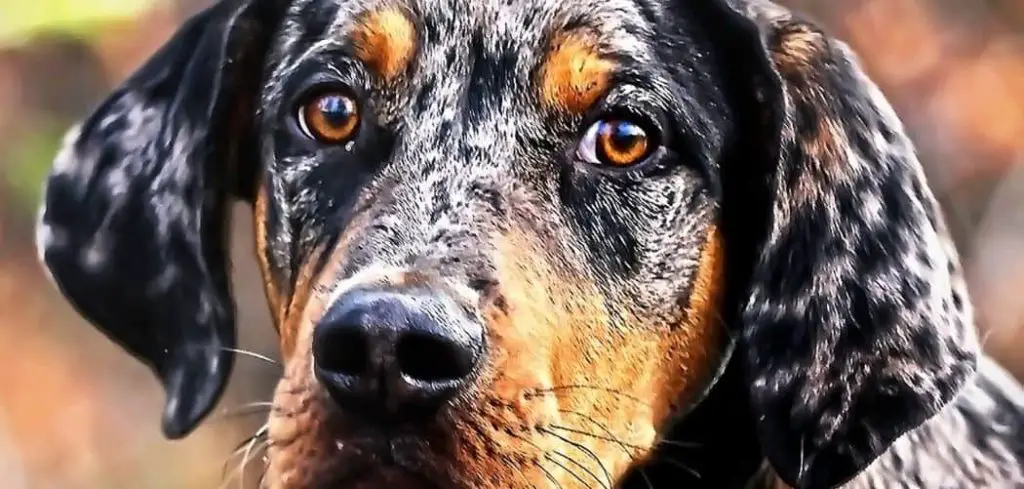Seeing mucus in a dog’s stool can be worrying, especially when it’s linked with digestive inflammation such as colitis. Colitis is a condition that affects the colon, and mucus in the stool is one of its most common signs.
We outline reasons why mucus in a dog’s poop happens with colitis, what you can do at home, and when to seek veterinary help.
Table of Contents
Dog Mucus Poop and Colitis — Why It Happens
Mucus in dog poop often signals irritation or inflammation in the digestive tract, particularly in the colon. Colitis is a common culprit, triggered by stress, sudden diet changes, infections, parasites, or even chronic conditions like inflammatory bowel disease.
Dogs may also develop mucus-covered stools from food sensitivities or exposure to toxins. In many cases, colitis causes not only mucus but also diarrhea, straining, or small amounts of blood in the stool.

Dog Mucus Poop and Colitis: Common Causes
Stress-Induced Colitis
Stress can affect a dog’s digestive system just like it does in people. A sudden change in routine, travel, boarding, or loud events can trigger inflammation in the colon.
When this happens, a dog may pass loose stool coated with mucus, sometimes with streaks of blood. Stress colitis can be temporary but still uncomfortable for the dog.
It highlights how sensitive the gastrointestinal system is to emotional and environmental triggers.
Read more: Dog Mucus Poop After Sedation (Here’s why)
Dietary Indiscretion
Dogs are curious eaters, and sometimes that leads to trouble. Eating spoiled food, garbage, or rich table scraps can irritate the colon and cause mucus in the stool.
Colitis triggered by dietary indiscretion often comes on suddenly. You might also notice vomiting, diarrhea, and a loss of appetite.
This type of digestive upset can pass with supportive care, but in some cases, it can cause dehydration or more serious illness.
Parasitic Infections
Intestinal parasites like whipworms, hookworms, and giardia are frequent causes of mucus in dog poop.
These parasites irritate the lining of the colon, leading to inflammation and excessive mucus production.
Signs may include soft or watery stool, weight loss, and lethargy along with the mucus. Because parasites are common, especially in younger dogs or those in multi-dog environments, a stool test is often needed to confirm the cause.
Food Intolerance or Allergies
Some dogs develop sensitivities to ingredients like beef, chicken, dairy, or grains. These intolerances can trigger chronic inflammation in the digestive tract, leading to mucus-covered stools.
Often, affected dogs also have recurring diarrhea, gas, or skin issues such as itching. Food-related colitis can be challenging to identify, but an elimination diet trial under veterinary guidance may help.
Bacterial or Viral Infections
Infections caused by bacteria such as Salmonella or viruses like parvovirus can inflame the intestines and colon, producing mucus in the stool.
These cases tend to be more severe and may include fever, lethargy, vomiting, and bloody diarrhea.
Because infections can progress quickly, especially in puppies or senior dogs, prompt veterinary care is essential to prevent complications.
Chronic Inflammatory Bowel Disease (IBD)
In some dogs, colitis is not temporary but part of a long-term condition called inflammatory bowel disease. In IBD, the immune system reacts abnormally to food or bacteria in the gut, causing persistent inflammation.
These dogs may pass frequent stools with mucus and blood, lose weight, and seem uncomfortable when defecating.
IBD requires long-term management and veterinary guidance, often involving dietary changes and medications.
What to Do If Your Dog Is Experiencing Mucus Poop and Colitis
If you notice mucus in your dog’s stool, start by observing their overall behavior. A dog that is otherwise active, eating well, and not showing additional symptoms may recover with supportive care. Ensure fresh water is always available, as colitis can lead to dehydration.
Feeding a bland diet of boiled chicken and rice for a couple of days may help soothe the digestive tract. Avoid giving treats, table scraps, or anything rich or fatty until the stool returns to normal. Adding a veterinarian-approved probiotic may also support gut health.
If the mucus is linked to stress, try to minimize environmental changes or provide extra comfort. Keeping routines consistent can make a big difference in recovery.
When to Call or Visit Your Vet
While mild colitis can sometimes resolve on its own, there are warning signs that require veterinary attention. If your dog has persistent diarrhea lasting more than two days, repeated vomiting, or refuses to eat, call your vet.
The presence of blood along with mucus, significant lethargy, or rapid weight loss are also red flags. Puppies, senior dogs, and those with pre-existing conditions are at higher risk of complications and should be evaluated promptly.
A veterinarian can run tests such as stool analysis, bloodwork, or imaging to identify the cause and provide appropriate treatment. This may include deworming, antibiotics, anti-inflammatory medications, or prescription diets.
Read more: Mucus in Dog Poop and Kennel Cough (Here’s Why)
Key Takeaway
Mucus in a dog’s poop, especially when linked with colitis, is a sign that the digestive system is under stress. While some cases are mild and temporary, others point to infections, parasites, food issues, or chronic disease.
Pay close attention to your dog’s overall condition and seek veterinary advice if symptoms are severe or persistent. With the right care and treatment, most dogs recover well and return to comfortable, healthy digestion.
